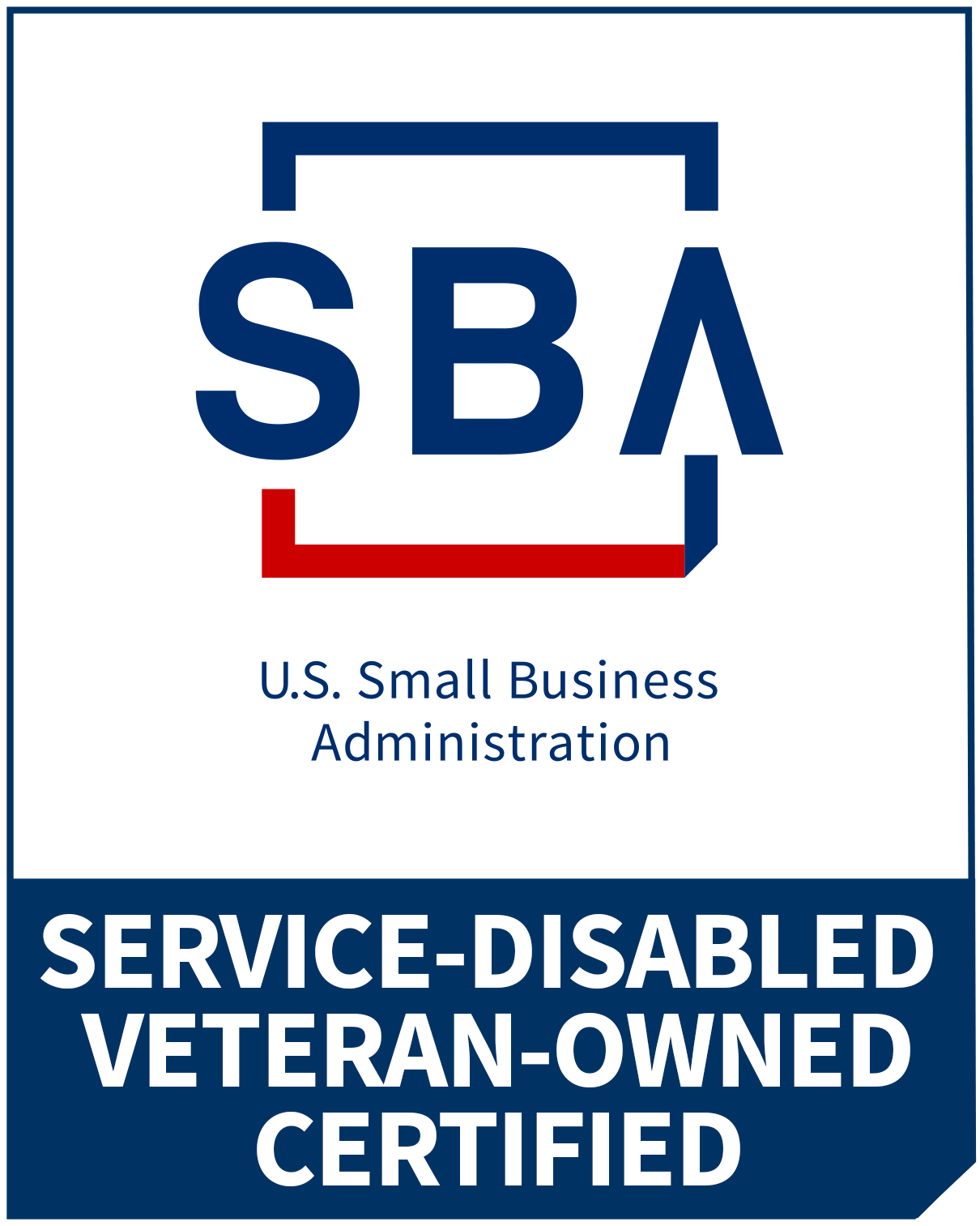Customer Support, Customer Service, and Customer Care (whichever you call it) tends to be a predominantly transactional existence: Customer has a problem, question, issue, etc.; Customer contacts brand; brand helps Customer (ideally); Customer goes on about life. And on and on.
Very usually after such an interaction, the Customer is invited via an email link to take a survey because (as it’s expressed in an auto-generated missive), “Your opinion matters to us!”
Does it, really, though?
I’d recently written about interactions I’d had with a couple brands that included escalations to get what I needed done. At the end of each, I asked the agent who’d helped me for an opportunity to help them out: Would you mind hopping on a call with me and discuss the experience I had with your brand in the spirit of sharing more details? After all, you said that my opinion “matters” to you. I’d love the opportunity to give you some insights into how some of your processes, systems, and policies look from the outside. No, I don’t need any more help, as you’ve taken care of my issue. I’m offering to help you!
One of the brands was very open to the offer and right away accepted my invitation. The agent and I had a 30-minute call and I gave her some quite specific feedback. (I did mention that I often charge my clients a pretty good chunk of change for the free service I was offering that day, and she—at least as far as I could tell—appreciated that.) Now, it helps that this was an executive escalation so I wasn’t simply bugging a front-line rep who otherwise had calls in a queue to take. These folks have a lot more flexibility in their schedule and are even expected to offer a bit more attention to their Customers’ issues. So it wasn’t that far out of line to ask for a follow-up call. We genuinely had a good back-and-forth and she seemed to take to heart the feedback I’d shared with her.
Now, maybe she was just being nice and humoring me. Or maybe she really did want to learn how they could do better, and in the end, the powers-that-be at that brand may blow her off when she tries to make improvements (or at least try to influence those who own processes and systems within the brand). I may never know…it’s not as though I’m expecting that she’ll reach out to me sometime in the future and say, “Hey, Z! You’re going to be so glad to hear all the fabulous improvements we made here thanks to the conversation you and I had!” In the end, it’ll only be as impactful as the brand is willing to invest their time and attention in truly improving their Customers’ experiences.
The other brand was a different story. Not only was it a tremendous challenge to even get in touch with the agent who’d helped me (she was very difficult to reach even during the resolution process, in fact, and that was one of the things I wanted to share with her), but when I did, she seemed uninterested at best. I was an obvious imposition to her, but she did relent and at least humor me with a call…which was a real bear to schedule because, well, that’s how this brand is. On the call she was impatient, seemed distracted, and had a lot of excuses for why things there were the way they are. Each time I brought up something about the experience that posed an improvement opportunity, she was ready with her explanation, rather than interest in how the policy or procedure impacted the Customer negatively. I’d say, ‘well, that makes sense from your perspective, and I’m sure there are internal reasons why it is that way. But have you considered how it impacts your Customers’ experiences?’ Each time, that perspective bounced right off her. It was clearly a burden for her to even spend time on the phone with me. Now in fairness, that may not necessarily be her fault because maybe this brand doesn’t really distinguish the roles at her level and she, like a front-line agent, was overwhelmed and/or overworked (although, being part of the executive escalation team, you’d think she’d have better diplomacy and EQ skills).
But that reflects on that brand too.
I often tell clients that they have a fantastic source of VoC information right in their own contact center. Yes, surveys are helpful to get a feel of what your Customers think about you and how you are delivering on your Brand Promise. But if you really want a quick-and-easy way to observe just what’s bugging your Customers at any point, simply crack open your trouble-ticket system and start counting reason codes. Further than that, even, the Customers who contact you directly are a fantastic source of information, if for no other reason than that you’ve got them right there on the phone at that moment. Now, surely plenty of your Customers will see that interaction simply transactionally: Help me fix my problem and let me get on my way.
But if they’re offering you insights and their opinions directly to you, do you realize how great that opportunity is for you? Maybe they’re just venting and want to yell and scream at someone over the phone. That’s not the best source of unbiased feedback, of course, but if you get a lot of people screaming about the same thing, hey…maybe take a look at that.
Besides that, too… if there’s a Customer willing to offer you their calm-headed, thoughtful, retrospective feedback about an experience with your brand, why wouldn’t you welcome that with open arms? After all, their opinion “is important to us,” right?
When I made these calls, I had nothing to gain—both issues had been resolved by then. I was offering time from my schedule (in fact, time that I usually charge clients for) to share my perspectives and offer insights that simply finding/fixing transactional issues wouldn’t offer. Some things that had nothing even to do with the issue at hand, but were insights into how their brands came off to their Customers.
For one brand, it was an opportunity to get a new perspective. For the other, a distraction that seemed only grudgingly to be suffered through, for what? I suppose just to save some good will or loyalty. Inasmuch, the interaction seemed as cold and detached as the process of getting my actual issue resolved had been. Of course, that attitude injured the loyalty.
What would your brand do if a Customer were offering you honest feedback like this? Be satisfied that they were willing to fill out a survey and call it a day? Or genuinely treat that Customer as if his or her feedback really is “important to us”?





